Social media is changing the way our brains work. You have probably found yourself letting your “10-minute TikTok break” turn into two non-productive hours. But instead of assuming you’re just lazy, it’s important to know the science behind what happens to our brains when we interact with screens so that we can effectively identify and address the issue.
According to research from Harvard medical school, social media plays an active role in how growing brains develop. As the brain grows, neural connections are forming and changing. Screens provide growing minds with constant, stimulating content that often sets unrealistic expectations. The need for non-stop stimulation reduces time for boredom, where creative ideas typically flourish, and increases a craving for novelty.
It is also important to note the reason behind this growing addiction and drive for stimulation. Social media activates our brain’s reward system, the system involving our motivation and pleasure. Each time we get a new notification, our brain releases dopamine (a neurotransmitter that helps send signals to the brain related to pleasure and reward), encouraging us to seek that feeling again. This constant release of dopamine trains our brains to expect instant rewards, making everyday tasks like doing homework seem impossible. Especially for growing minds, this easy access to rewards creates powerful habits that are extremely difficult to break.
This means the reason you are constantly extending your break or falling asleep doing homework is not because you are necessarily undisciplined or unmotivated, it has to do with the way your brain has been rewired.





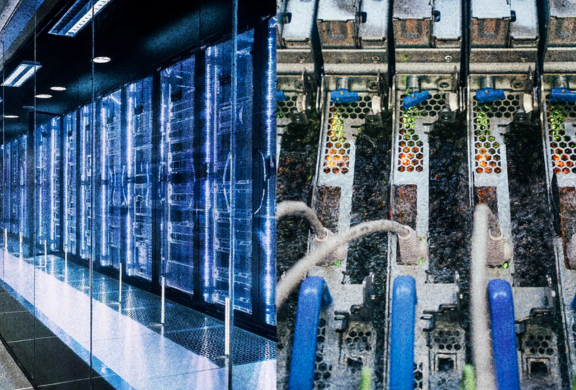



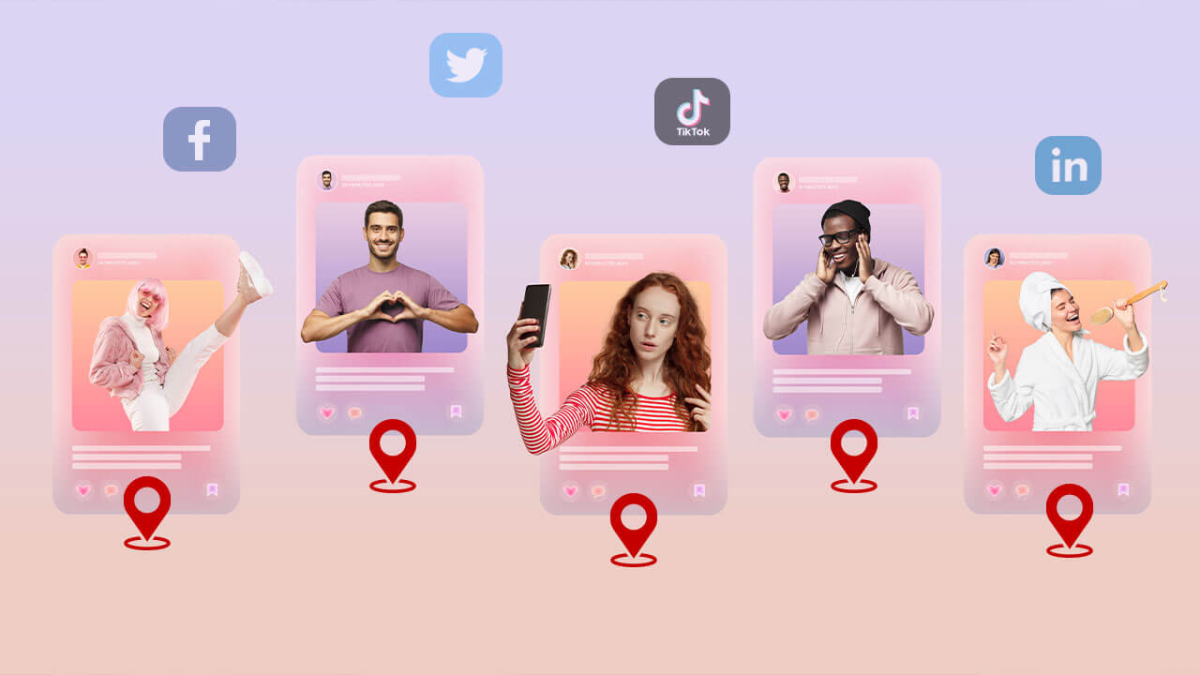















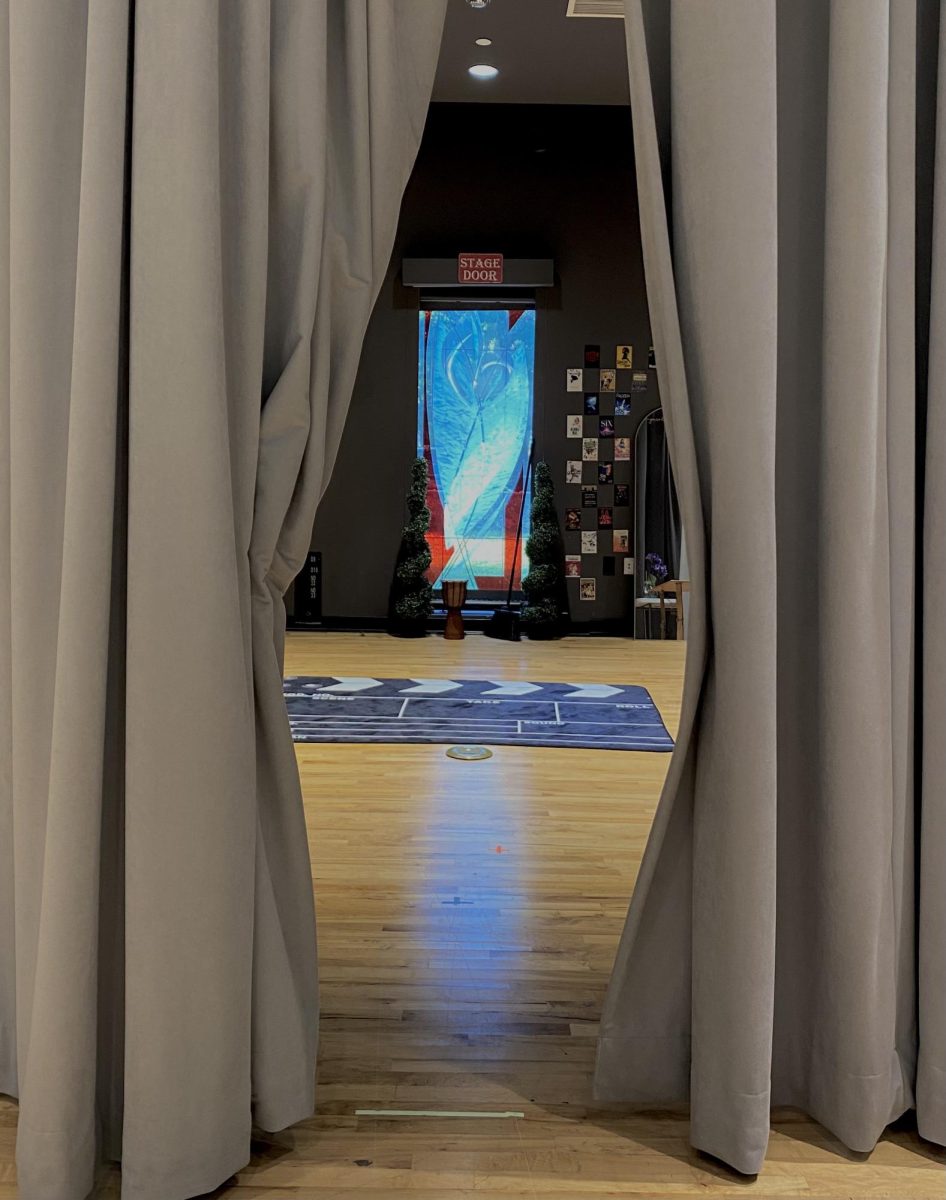




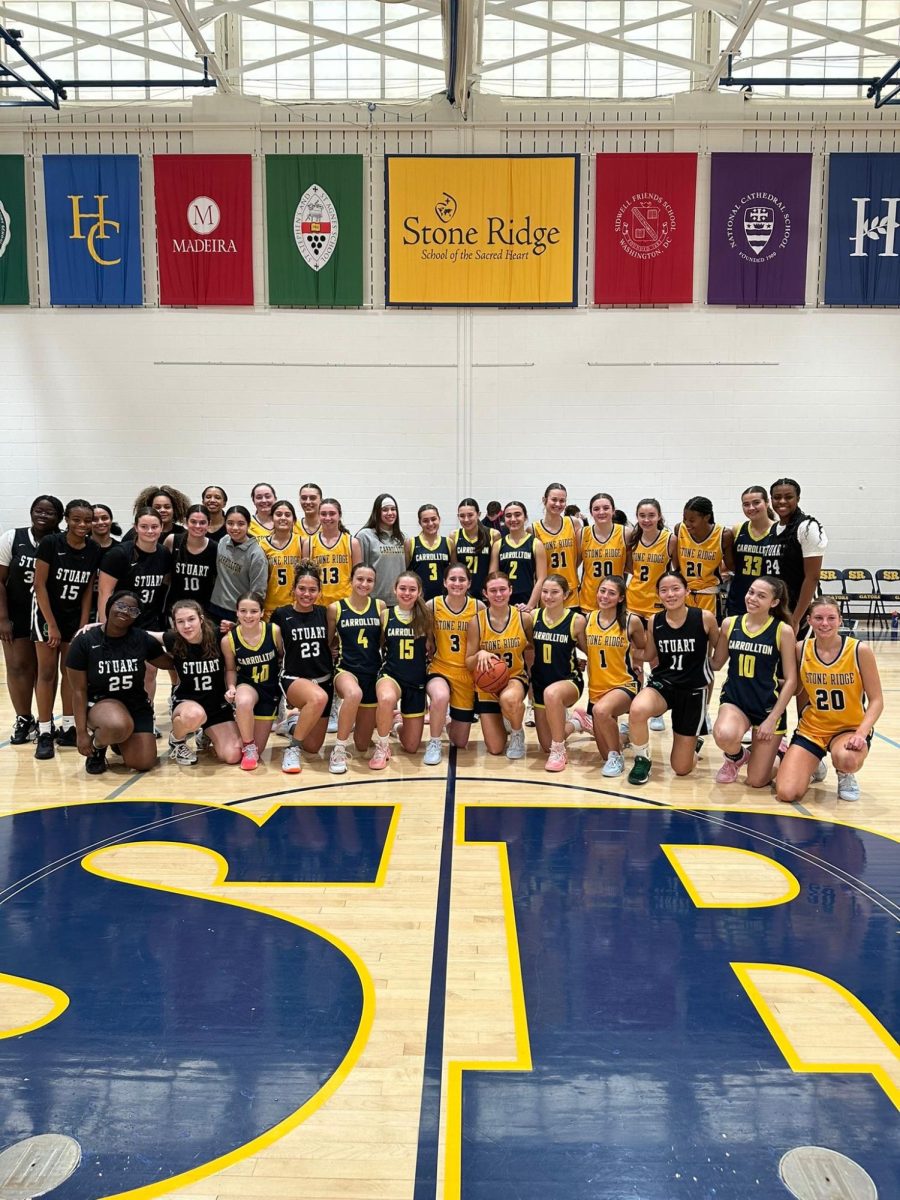





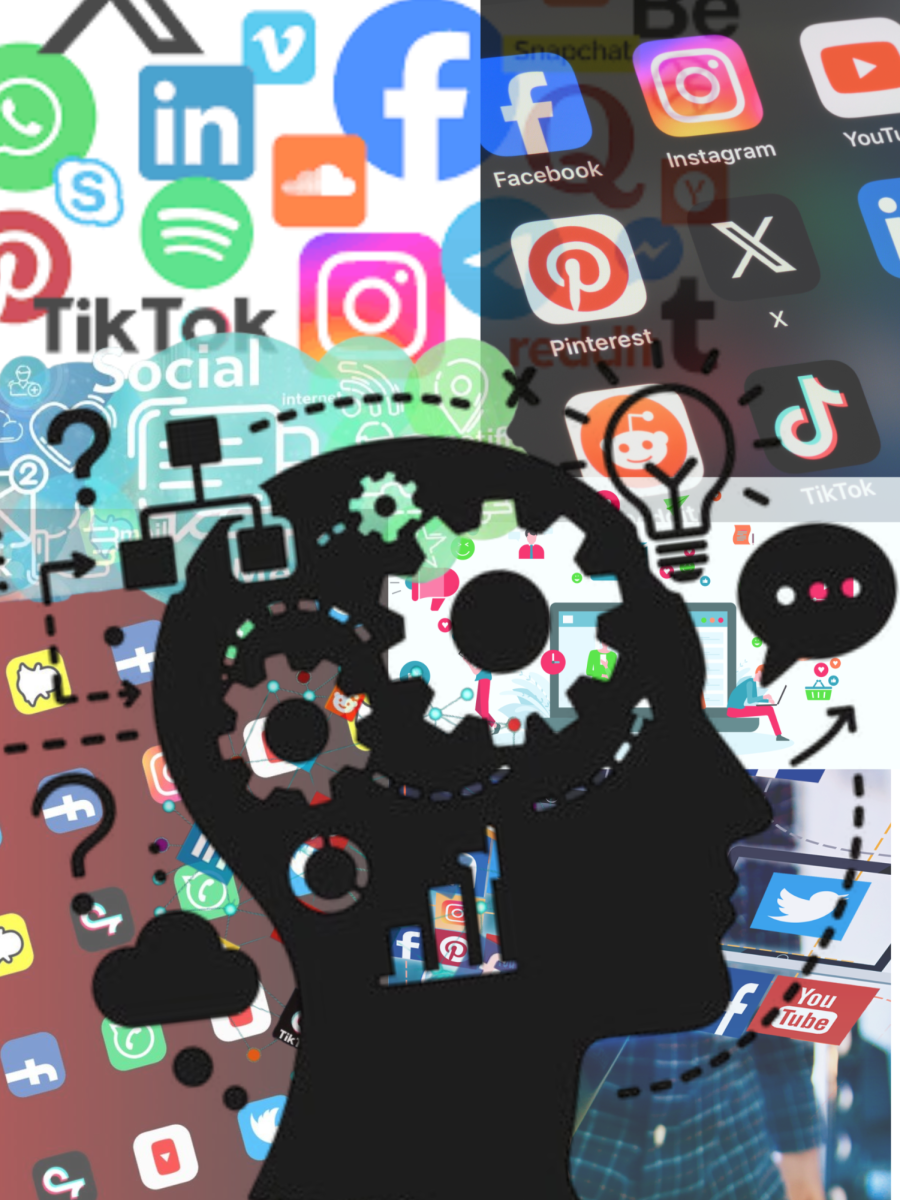
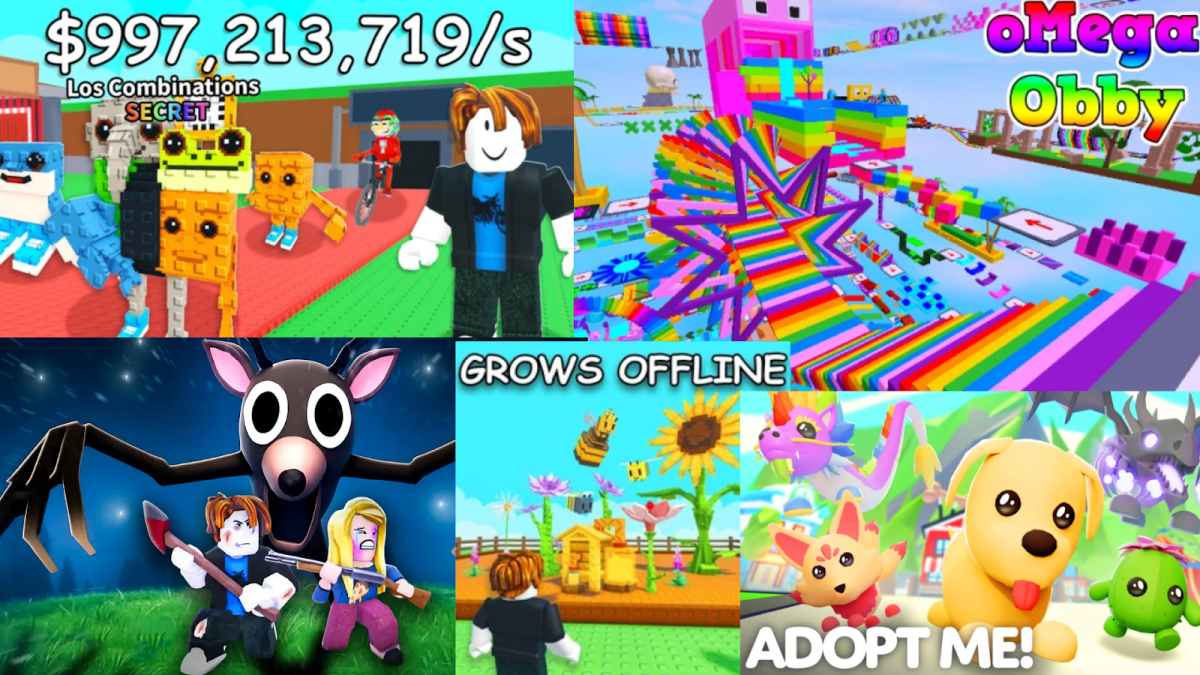

Diana Sudasassi • Oct 28, 2025 at 2:04 pm
Great article on the importance of limiting how much influence we let social media have on our brains and our lives!
Bella Guitian • Oct 28, 2025 at 4:48 pm
Awesome Carlota!